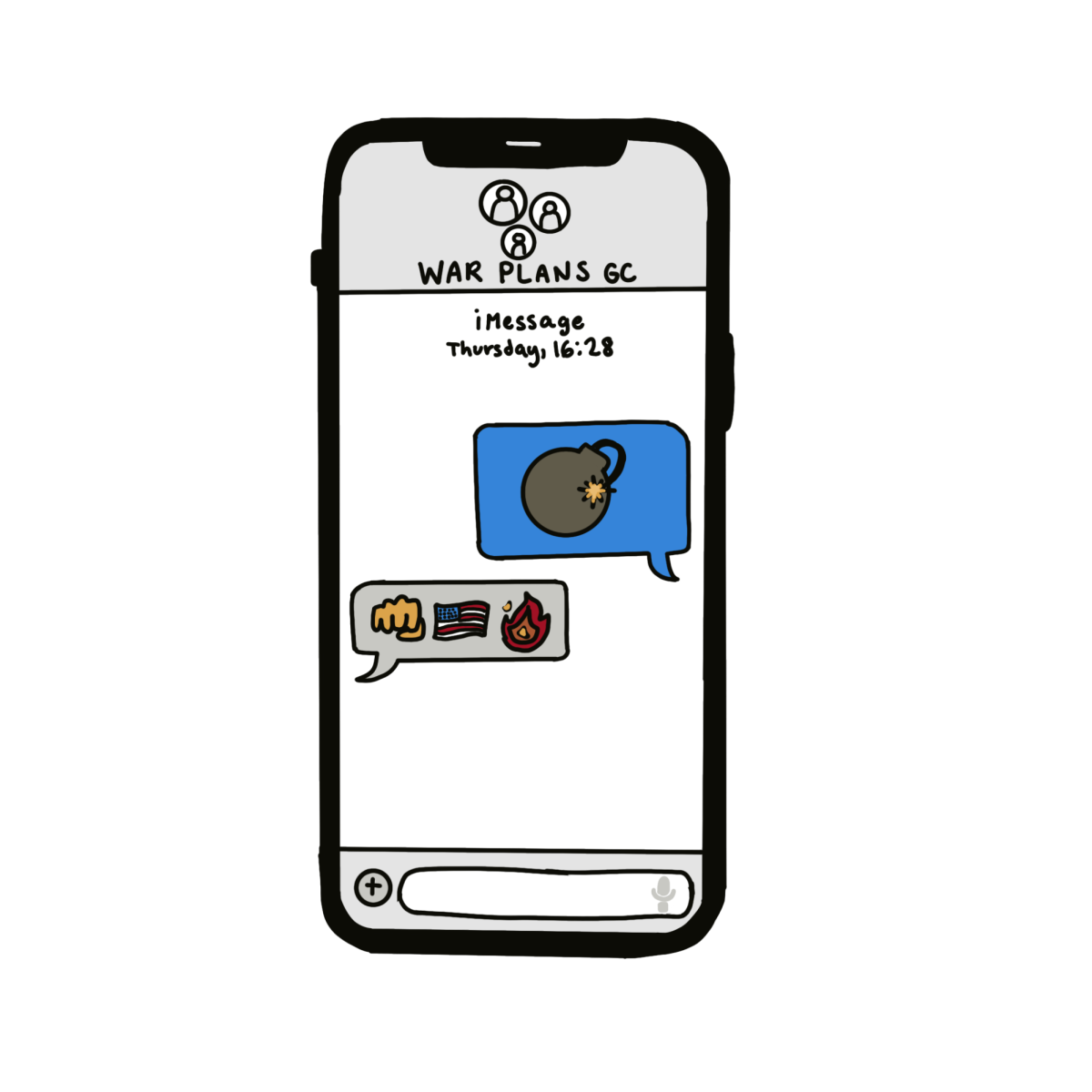The Atlantic recently released the entire Signal chat among senior national security officials, revealing that Defense Secretary Pete Hegseth shared the exact timing and locations of bombing strikes in Yemen.
National Security Adviser Michael Waltz explained that he had set up the Signal group chat and inadvertently invited The Atlantic’s Editor-In-Chief Jeffrey Goldberg, who later exposed the conversation and published a transcript.
The irony of the situation is stark; government officials casually sharing “war plans” in a group chat without concern is baffling and alarming. The current administration’s behavior feels like a farce, and America’s national security appears to be a poorly orchestrated circus. Leaked plans are just another act in this ongoing performance.
It is especially disturbing that even Marvel Studios protects sensitive information more effectively than the American government. Getting details about Spider-Man’s next suit seems more challenging than uncovering America’s military strategies.
Hegseth denied sharing any actual war plans, stating, “Nobody was texting war plans. And that’s all I have to say about that.” However, the Pentagon confirmed that the top military official, Admiral Christopher Grady, was not included in the group chat. It is unclear why Grady, the president’s top military adviser, was not part of such a crucial conversation about military strikes.
In the leaked group chat, Hegseth posted several details regarding a potential strike, using military language and specifying the timing of various phases. These messages included information, such as when a “strike window” would begin, the location of a “target terrorist” and the schedule for weaponry and aircraft launches.
At one point, Hegseth wrote, “Godspeed to our Warriors,” and then provided a series of time-stamped updates, including “1215ET: F-18s LAUNCH (1st strike package),” “1345: ‘Trigger Based’ F-18 1st Strike Window Starts (Target terrorist is at his known location, so SHOULD BE ON TIME — also, Strike Drones Launch (MQ-9s)),” “1410: More F-18s LAUNCH (2nd strike package)” and “1415: Strike Drones on Target (THIS IS WHEN THE FIRST BOMBS WILL DEFINITELY DROP, pending earlier ‘Trigger Based’ targets).”
President Donald Trump initially responded, claiming he did not believe the information was classified, but later backtracked, saying, “That’s what I’ve heard. I don’t know. I’m not sure. You’ll have to ask the various people involved. I really don’t know.”
The situation feels like something out of a show, specifically “South Park.” Goldberg and Shane Harris, who wrote the article, noted that “statements by Hegseth, Gabbard, Ratcliffe and Trump — combined with assertions from numerous administration officials that we are lying about the content of the Signal texts — have led us to believe that people should see the texts for themselves to draw their own conclusions.”
Other messages from the chat included exchanges, such as “JD Vance: What?” and “Michael Waltz: Typing too fast. The first target – their top missile guy – was identified walking into his girlfriend’s building, and it’s now collapsed.” Vance responded, “Excellent,” and Waltz followed up with a series of three emojis: a fist, an American flag and fire.
The Trump administration has downplayed the significance of these messages. However, war plans have a global impact, and for government officials to make light of them is reckless. This is not just a political issue—it is a matter of life and death. Such careless handling of national security is damaging to America’s image and risks making the country appear unserious and disorganized on the global stage.











